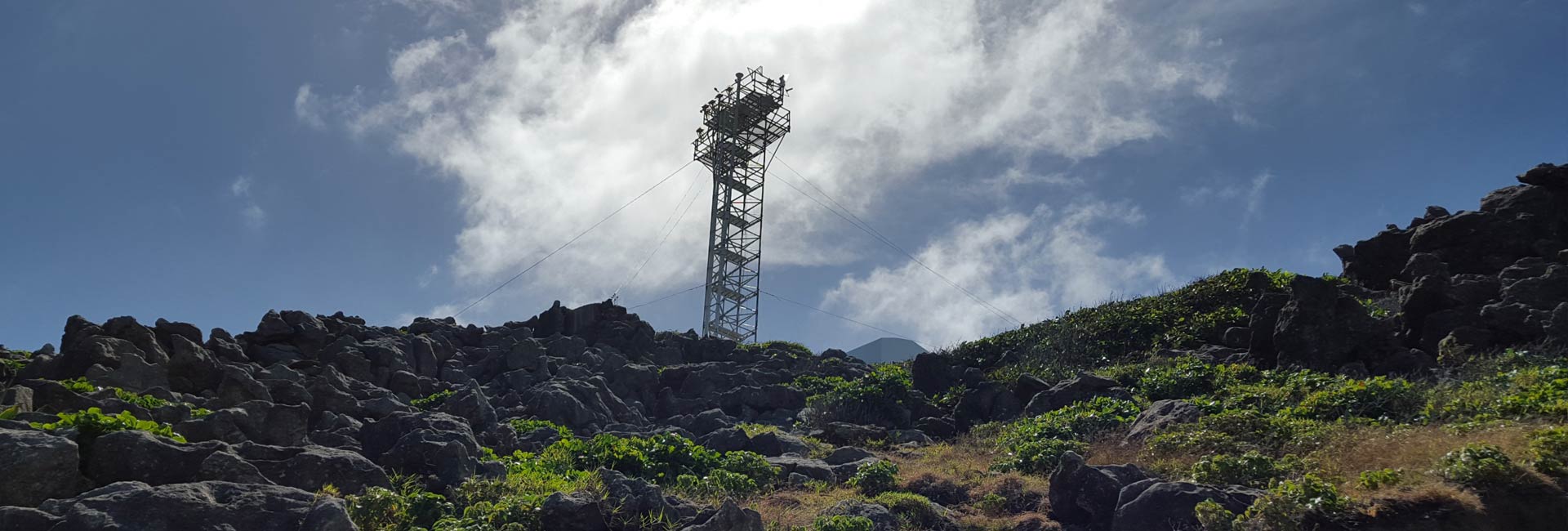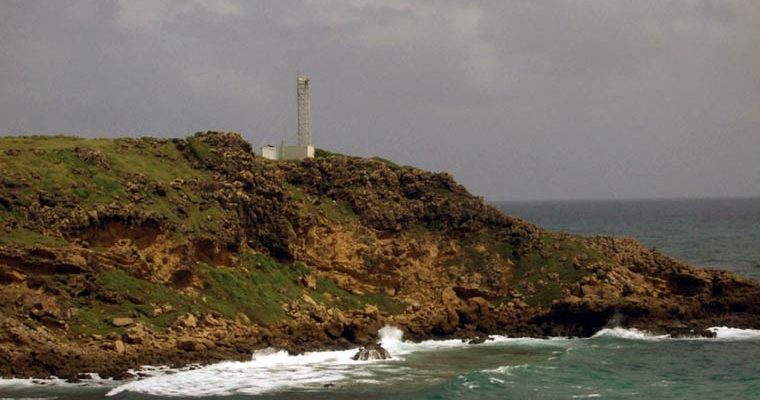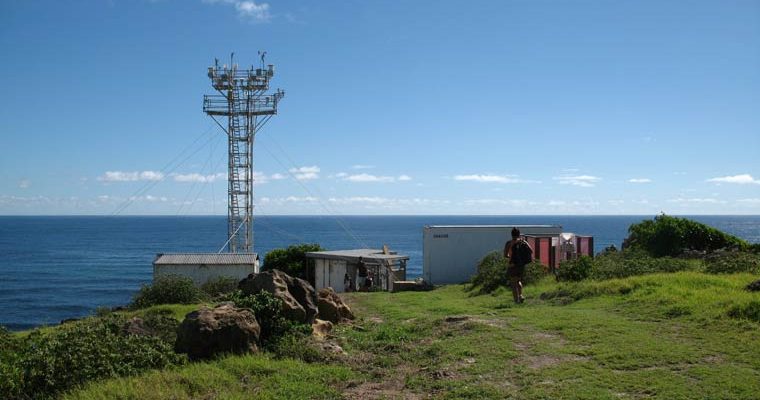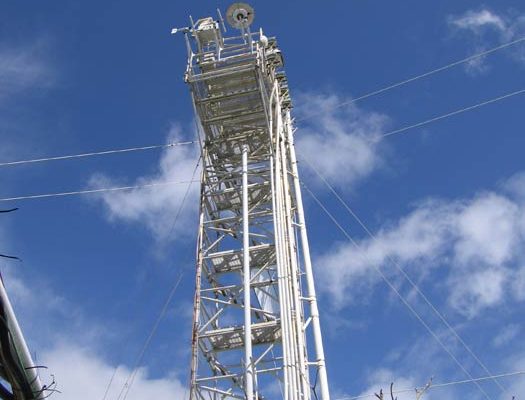

UM Professor Emeritus Joseph M. Prospero analyzes the effects of Saharan dust on air quality in the Caribbean Basin.
Air quality in the Caribbean is not something that creates headlines in the United States, but it is something Joseph M. Prospero has been studying for the past 50 years.
In the Caribbean, air quality often violates the standards set by the World Health Organization. Despite their low greenhouse gas emissions and little industrialization, the Caribbean countries fare worse in regards to air quality than their more industrialized counterparts in Europe. The reason is pretty unexpected.
“Dust plumes travel thousands of miles across the Atlantic and then blanket the Caribbean,” says Prospero, professor emeritus of marine and atmospheric chemistry at the University of Miami’s Rosenstiel School of Marine and Atmospheric Science.
As implausible as it may sound, dust from the Sahara Desert, suspended thousands of feet up in the air, moves across the Atlantic Ocean and is contributing to poor air quality in the Caribbean.
Fine aerosols are tiny particles, both natural and industrial, such as sea salt, dust, ash and soot, that float in the air. These tiny particles are a concern because, when breathed in high concentrations, they can harm the human lungs and produce a wide range of health problems including asthma.
Prospero has been carrying out atmospheric research at UM since 1963. Much of his research has focused on aerosols that are transported great distances over the ocean and into the Caribbean.
About the Photo
A view of UM’s atmospheric chemistry research facility on Barbados, a 17-meter tower with labs at the base, which measures dust from the African continent moving east to the Caribbean, looking up from the easternmost end of Ragged Point, Barbados. Photo courtesy of: Joseph M. Prospero
Join the Conversation:
Follow on
Twitter:
UM Rosenstiel School of Marine and
Atmospheric Science, @UMiamiRSMAS
University of
Miami, @univmiami
UM News, @univmiaminews
The results of his studies have been used to build climate models such as those used in periodic climate assessments carried out under the Intergovernmental Panel on Climate Change (IPCC), established by the World Meteorological Organization (WMO) and the United Nations Environment Program (UNEP).
Prospero, nicknamed the “father of dust,” is now using his tenure and experience to take a closer look at the air quality in the Caribbean Basin.
He is analyzing the effect that the global transport of dust from the Sahara has on the atmospheric composition above the Caribbean using a system of ground stations and satellites.
Prospero’s principal site is located in Barbados where he started his studies in 1966. Eventually, his goal is to create an integrated Caribbean network for monitoring air quality.
He is teaming up with officials and organizations in Mexico, Colombia, French Guiana, Cuba and Puerto Rico, among others, in the hopes to establish an “ad hoc” cooperative network to integrate the learned effects of dust transport in the Caribbean.
To do so, Prospero is combining this research with satellite data and models to provide a broad picture of dust impacts and provide more depth and a greater utility to his data.
He envisions a system that can monitor the atmospheric composition above the Caribbean Basin and send alerts to healthcare and communication infrastructure to warn local populations about dust events, just as there are warning systems in the United States to alert areas of high ozone days.
The health alerts would be an important tool, Prospero notes, for people living in the Caribbean. Unfortunately, connecting Prospero’s research to the existing infrastructure in the region is proving to be difficult.
“There is no uniform air quality infrastructure among governments in the region,” he explains. “There is no integrated view across the Caribbean on what qualifies as a high dust day, or what the appropriate response should be.”
Bridging this gap is necessary for Prospero’s long-term goal. He hopes that his data, combined with satellite and modeling data, will provide the basis to predict future dust events and provide forecasts for the Caribbean.
- NOSA JAMES / UM News



